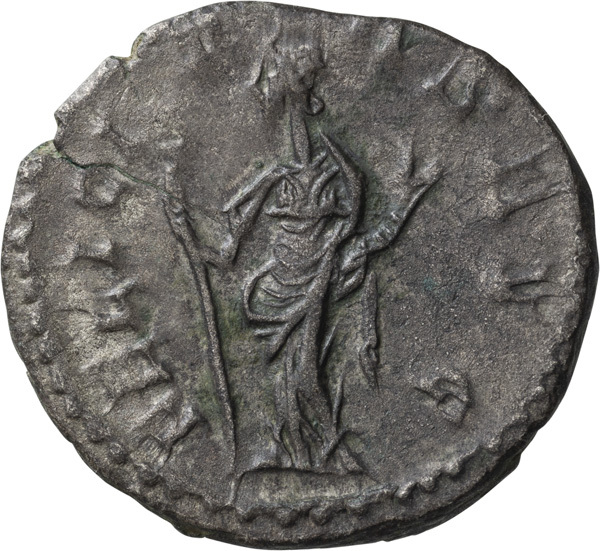
Introduction
The Roman civilisation, one of the most significant empires in history, has left an indelible mark on modern culture, governance, engineering, and law. Its extensive reach and enduring legacy continue to shape various aspects of life today, making it crucial to explore its multifaceted importance. From the grandeur of its architecture to the fundamentals of modern legal systems, the influence of Rome is all-encompassing.
Historical Background
Founded in 753 BC as a small settlement, Rome quickly evolved into one of the largest empires the world has ever seen. At its height, the Roman Empire stretched across Europe, North Africa, and parts of Asia, encompassing diverse cultures and communities. The Pax Romana, a 200-year period of relative peace, allowed for remarkable advancements in infrastructure, commerce, and the arts.
Contributions to Law and Governance
Roman law has laid the foundational principles for many legal systems around the world today. Concepts such as ‘innocent until proven guilty’ originated from Roman legal traditions. Moreover, the governance structures established by Rome, including the notion of a Senate and the idea of representative government, have greatly influenced modern political systems, including that of the United Kingdom.
Cultural and Architectural Legacy
The Romans excelled in architecture and engineering, examples of which still stand today. The Colosseum, aqueducts, and Roman baths are testament to their ingenuity. Moreover, Roman culture, including literature and philosophy, continues to be studied and admired. Key figures, such as Cicero and Virgil, have profoundly influenced Western literature and thought.
Relevance Today
Understanding Roman civilisation is pivotal in making sense of contemporary issues. The principles of governance, societal structure, and legal frameworks that emerged from Rome continue to influence modern societies. As global challenges persist, insight into the Roman approach to governance and civic duty can provide valuable lessons for modern leaders and citizens alike.
Conclusion
The legacy of Roman civilisation is vast, informing various aspects of contemporary life. From our legal systems and political structures to our cultural achievements, the influence of Rome remains relevant. As we delve into the historical intricacies and the lessons learned from this ancient empire, we gain not only an appreciation for the past but also tools to navigate the complexities of today’s world. In an era of rapid change, the examination of Roman principles may guide future paths for governance and society.
You may also like

The Importance of Storytelling in Modern Society

Understanding the Fall Season: Change, Beauty, and Tradition
